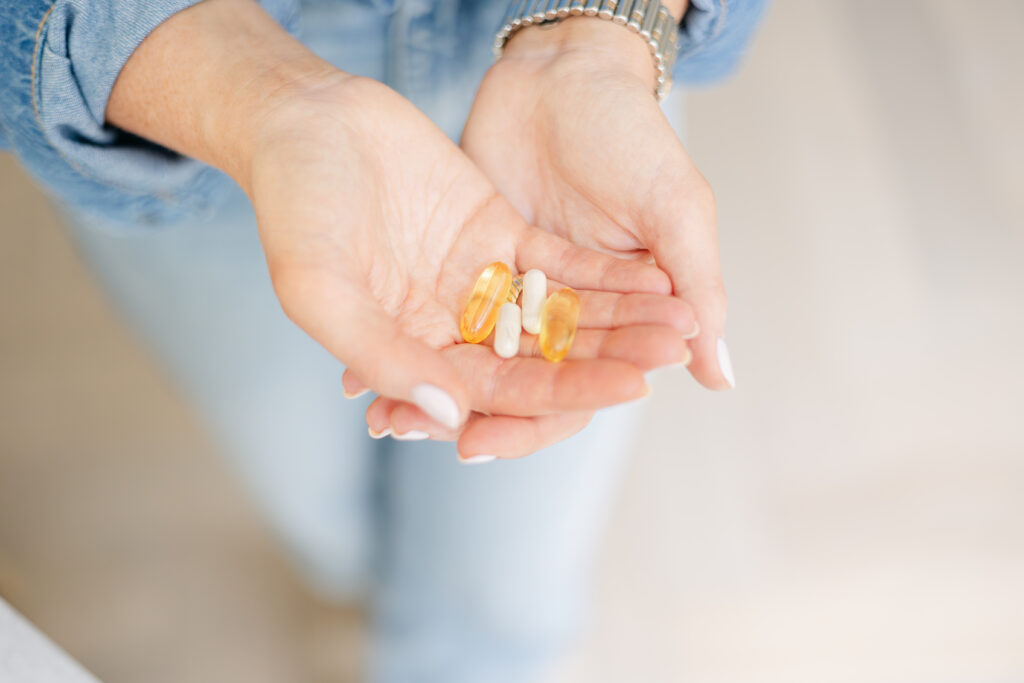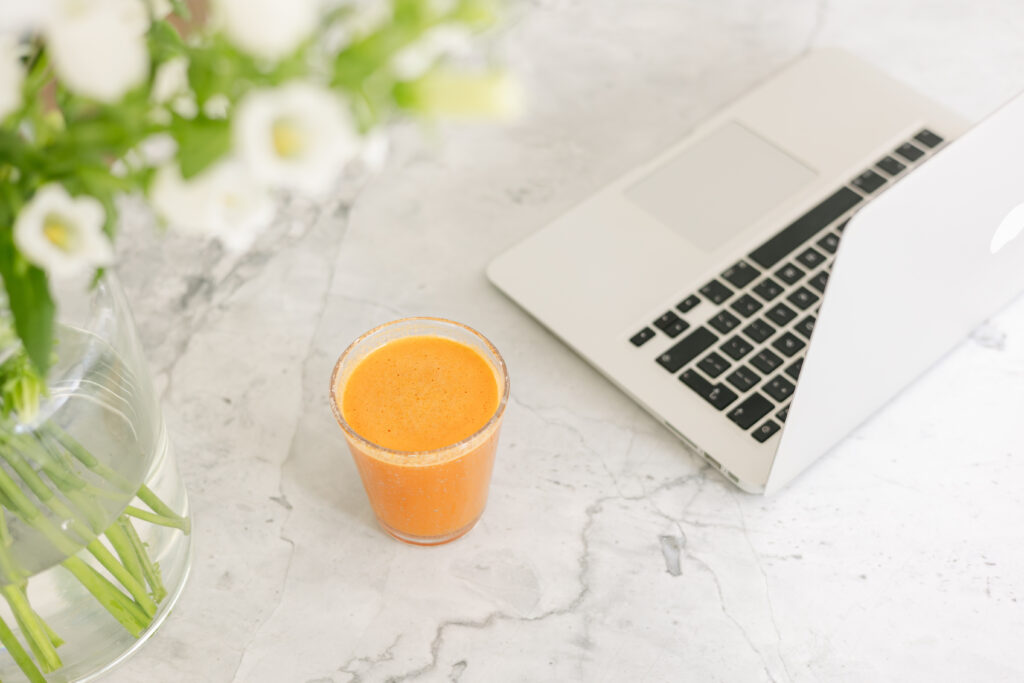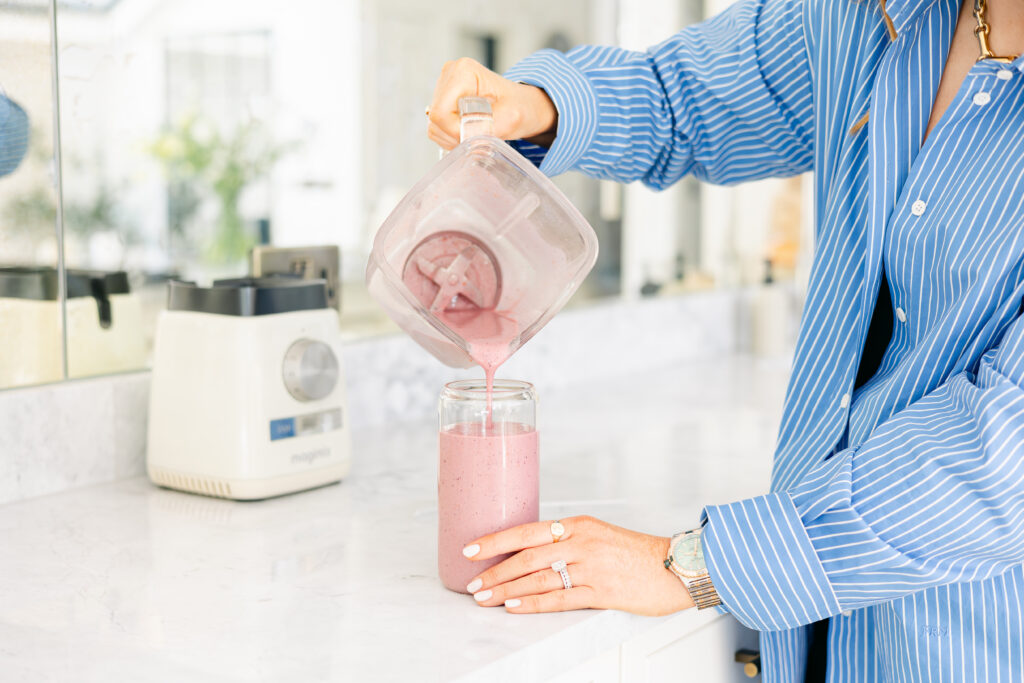08/08/2024
When it comes to fertility, while there are many factors at play and some may be of our hands, there is plenty we can do from a nutrition perspective to optimise our reproductive health. It is also essential both partners adopt healthier habits in the lead up to conception, ideally starting 3-4 months before trying to conceive – it takes 4 months to make a new batch of sperm and three months for an egg to mature.

Fertility foundations:
- Focus on nutrient dense foods – increase your antioxidants by upping your fruit and vegetable consumption to 5-8 portions per day, think eat the rainbow! Not only will these support immune health but consuming a variety of fruit and vegetables will support our vitamin and mineral intake. Preventing nutritional deficiencies is key for optimal reproductive function.
- Increase essential fatty acids – such as oily fish, nuts and seeds. EFAs are a vital component of every cell and essential for hormone health.
- Cut back on caffeine – while it is advised for no more than 200mg (around one cup of coffee) during pregnancy, emerging evidence now also suggests high caffeine consumption can have negative implications on fertility. Be mindful caffeine is not just in coffee, but tea, chocolate and many soft drinks.
- Alcohol – consider limiting alcohol consumption as much as possible where you can, but particularly should be avoided during ovulation. Excessive alcohol consumption is associated with negative fertility outcomes. When it comes to moderate alcohol intake the consensus is out on if need to quit drinking entirely when thinking about getting pregnant. Some studies suggest a couple of glasses a wine a week is unlikely to have a huge impact. However, keeping to under 6 units of alcohol per week and both partners abstaining altogether during ovulation is widely advised.
- Weight – Being both overweight or underweight can have a negative effect on fertility. It is important to remain an optimal weight for your height, studies suggest a BMI of 20-25 is the ideal range.
- Exercise – Being sedentary has been associated with higher risk of infertility, while regular exercise keeps your body healthy and reduces risk of ovulatory disorders. However, it is possible to over-exercise and trying to conceive is not the time for increasing high-intensity workouts or attempting activity your body isn’t used to. This is due to negative effects of increased stress on the body when the balance is tipped too far.
- Take the right supplements – whilst supplements should never replace a healthy diet, they are a great way to ensure we are reaching the optimal levels of vitamins and minerals to support a healthy pregnancy. Ideally both partners should consider taking a quality multivitamin containing methyl folate or folate due to its association with reduced birth defects and pregnancy complications. There are other supplements shown to support fertility, but these can often vary on an individual basis depending on your current health status and diet intake.

Above all, don’t let these tips put you under too much pressure, trying to conceive can be a very consuming and stressful time. It’s important to be kind to yourself and find the right support to try to minimise stress where possible and look after your mental wellbeing.
If you would like to find out more information on what specific measures can support your fertility journey or which supplements are right for you, including recommendations for specific brands and safe dosages – do get in touch. My 60-minute Fertility MOT is a great starting point for those wanting to optimise their preconception health and gain an assessment of their current diet and lifestyle.

*Jenny Peers-Jones and the content provided are not intended to treat, diagnose, cure or prevent any disease. All material on jennypeers-jonesnutrition.co.uk is provided for educational purposes only. Always seek the advice of your doctor and/ or another qualified healthcare provider for any questions you have regarding a medical condition, before undertaking any diet, supplement, exercise or other health-related programs.
Leave a Reply